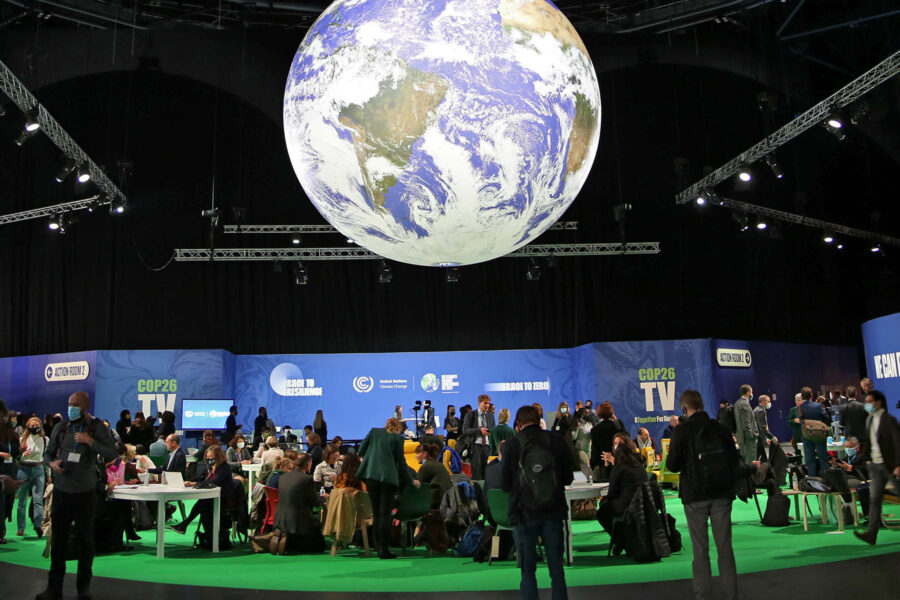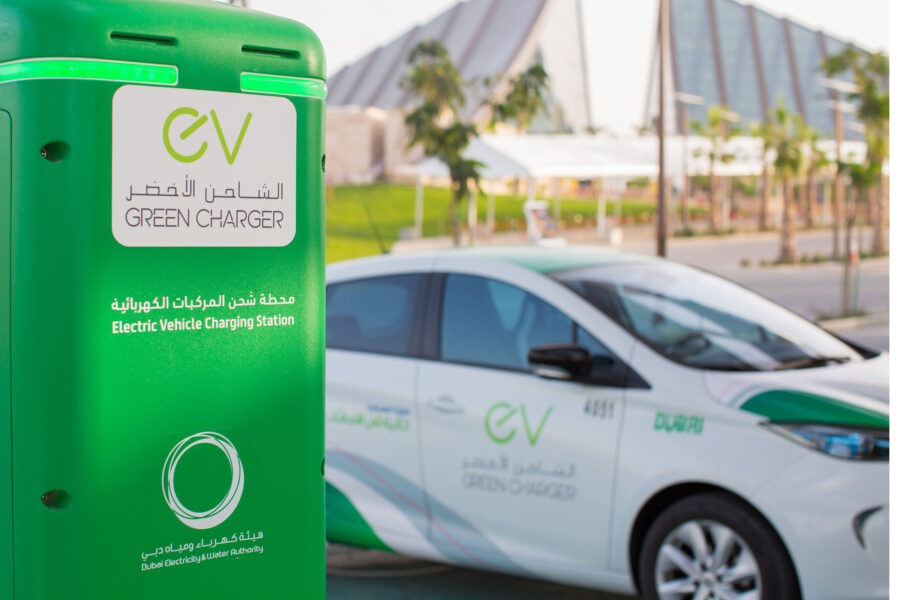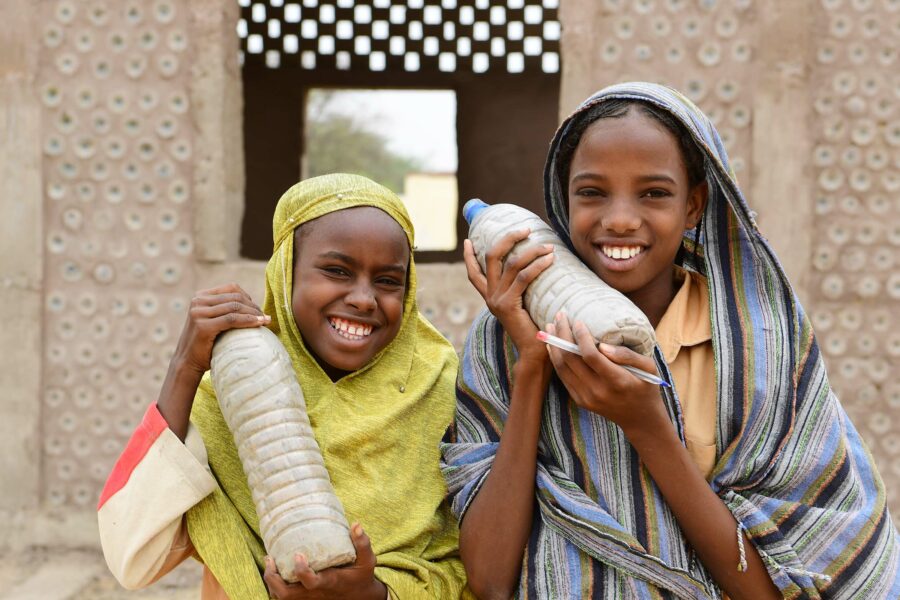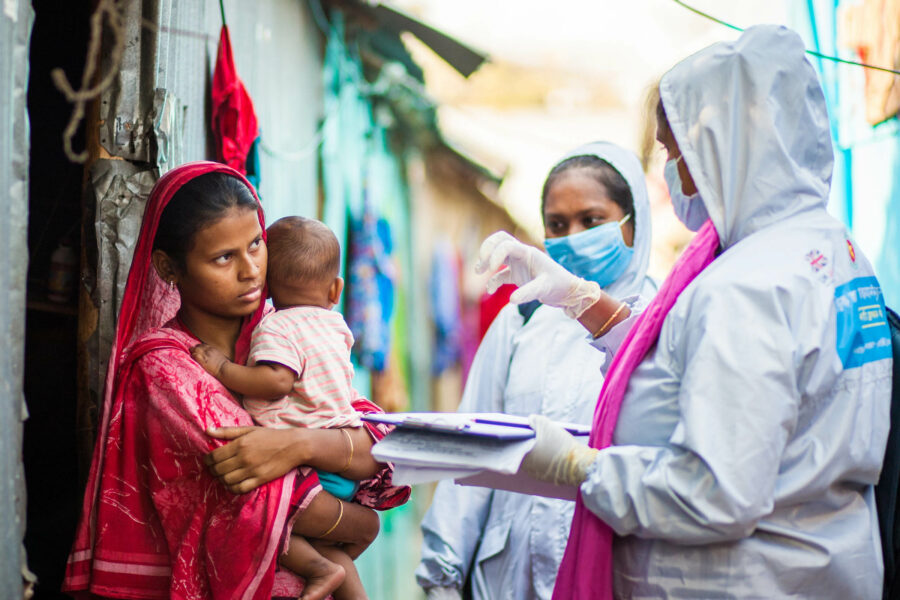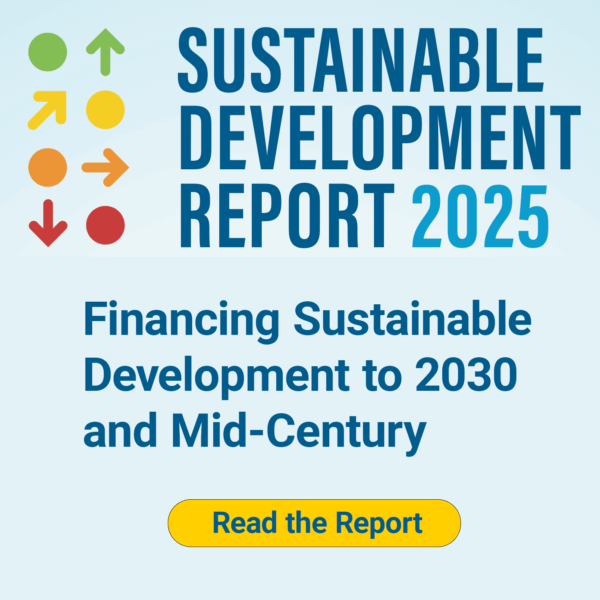Masks off, gloves off
Climate — Global
Oil and gas companies turn record profits, while their fossil-fuelled emissions rapidly accelerate climate change. Tackling the problem means challenging these powerful economic interests and the political access it affords them

